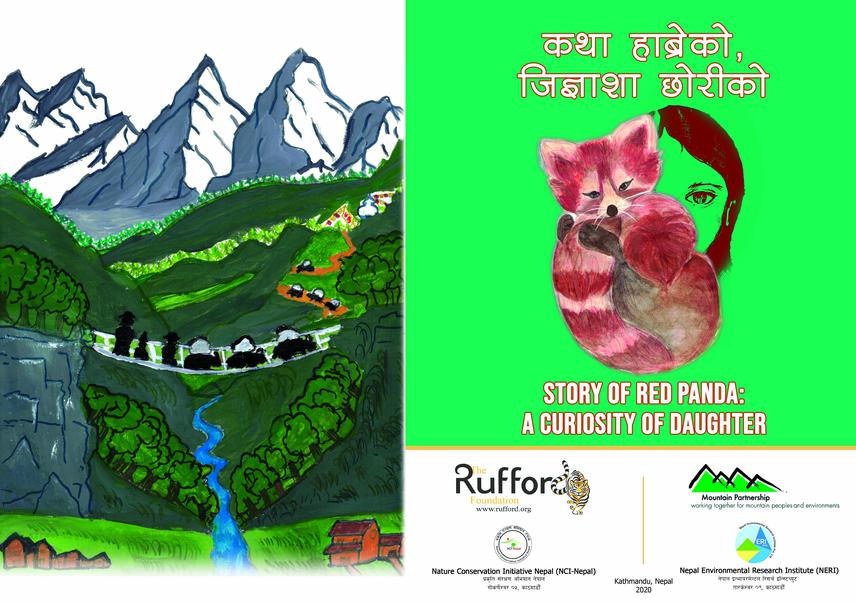Badri Baral
Other projects
18 Jan 2016
Distribution and Status of Red Panda (Ailurus fulgens fulgens Cuvier 1825) in Jajarkot, Mid-Western Nepal
10 Jul 2023
Linking Citizen Science to Turn Paper Results into Red Panda Conservation Outputs in Jajarkot District, Karnali Province, Nepal
Conservation interventions made till 2018 focused on Barekot and Kuse Rural Municipalities. However, such local interventions are insufficient to ensure the long-term survival of red panda at the landscape level. There is a notable knowledge gap in conservation awareness and information on its distribution in Tribeni Nalagad of Jajarkot connecting its populations to Dolpa. Even local elected members from Jajarkot claim the need to propose policy level strategies to ensure its conservation. Hence, a local red panda conservation action plan could act as a participatory interface for its habitat conservation.

Poster.
Local elected members from red panda habitats in Jajarkot insist need to table policy level strategies to ensure its conservation of their own in future. Red Panda conservation action plan had been previously prepared for Langtang National Park and Buffer Zone (2010-2014) and no similar local action plan has been formulated outside Protected Area. Therefore, local level red panda conservation action plan has been envisioned to achieve goal of second national red panda conservation action plan. This plan not only escorts ongoing community based red panda conservation activities but also promises to have high conservation return for the investment.
Reports on police apprehending persons with a red panda hides are increasing from western regions of Nepal. Hence, school and community awareness and sensitization might improve the impact of conservation efforts. An endorsement of local red panda action plan from local government will pave the way for future investment of time and resources for its conservation.
Pellet survey will be conducted in potential red panda habitats in Tribeni Nalgad Municipality because in previous project same method had been deployed; methodological uniformity helps us to analyse the data gathered in large spatial scale from the region. Poster presentation and school wildlife conservation education program will be carried out in four different schools, the school-based conservation lectures and activities can help educators reinforce and assess learning to create more positive experiences concerning Jajarkot’s animals and ecosystems.
A written questionnaire for pre and post testing of all the children and community people who participate in sensitization and awareness program will be done.Participatory Planning process is extremely effective in tapping into the unique perspectives of the rural poor, helping to unlock their ideas not only on the nature and causes of the issues that affect them, but also on realistic solutions. It enables local people to share their perceptions and identify, priorities and appraise issues from their knowledge of local conditions. Local level participatory consultation, FGD and workshops for red panda conservation planning approach avoids pitfalls caused by ignorance of the realities of the community which will also provide an opportunity for often-disenfranchised groups like herders, herbs collectors to be heard. With its underpinnings of collaboration, inclusiveness, and empowerment, a participatory approach embodies the ideals that form the foundations of most grass roots and community-based red panda conservation initiations by Local Government, clubs and conservation institutions.